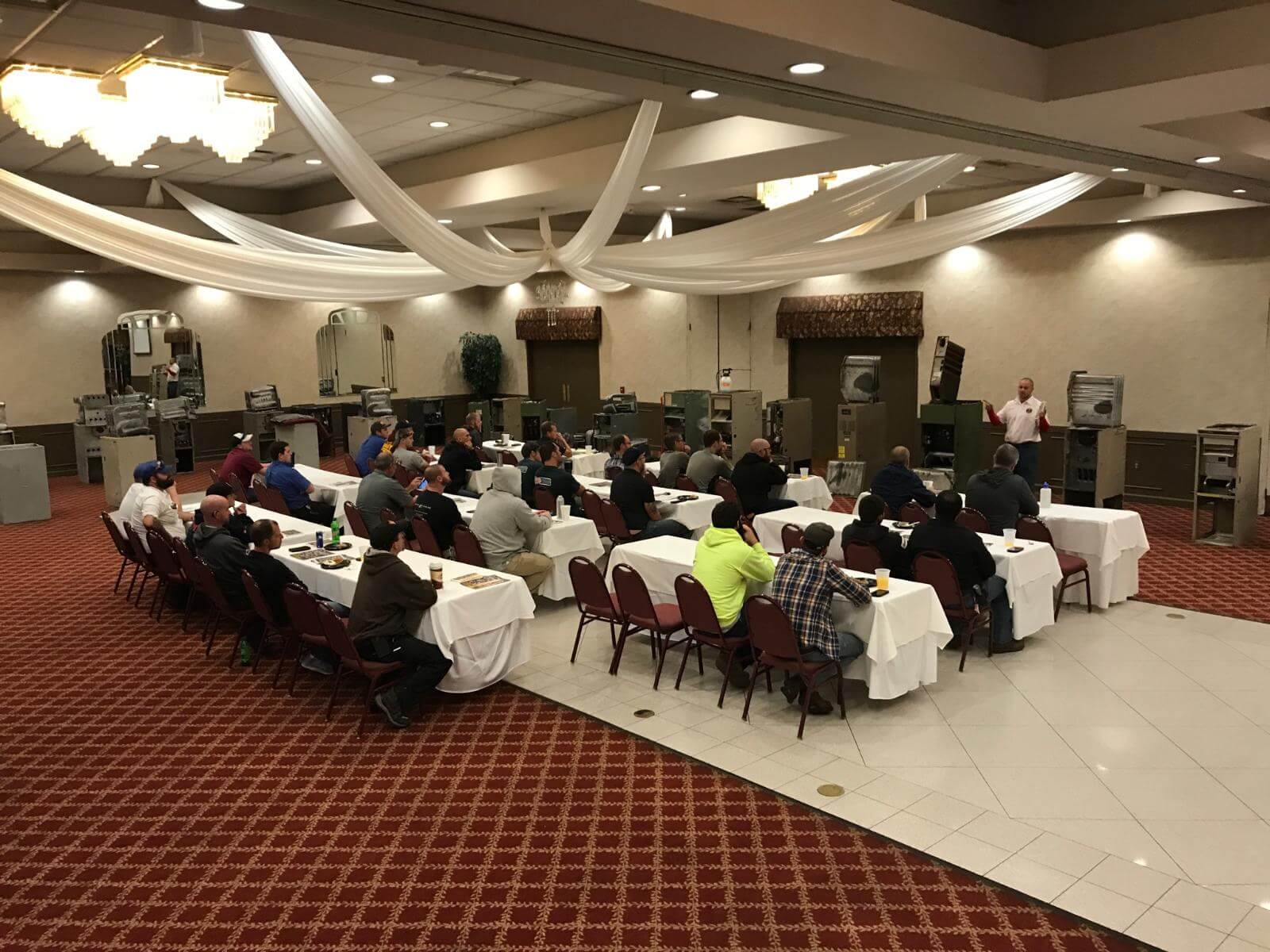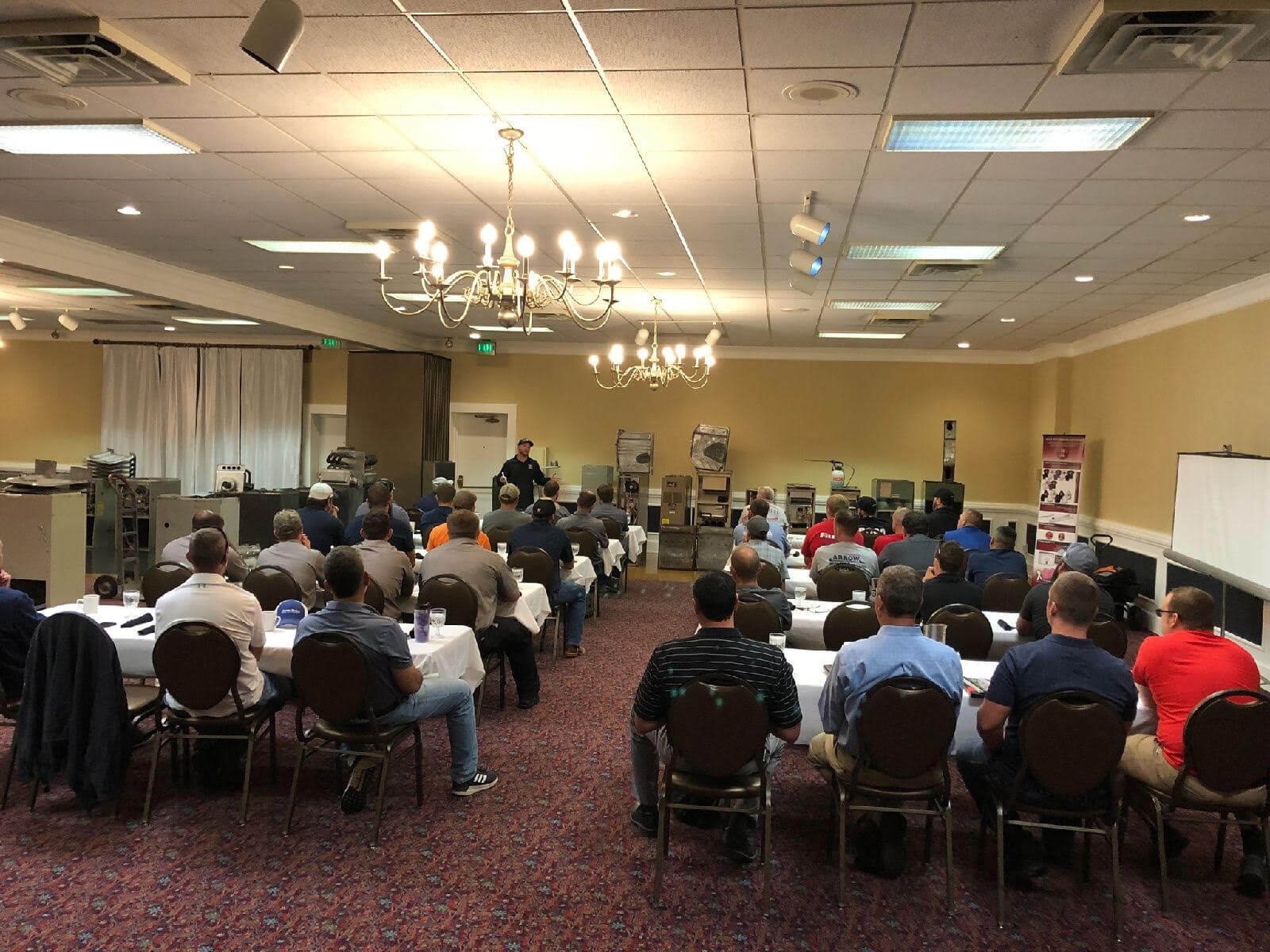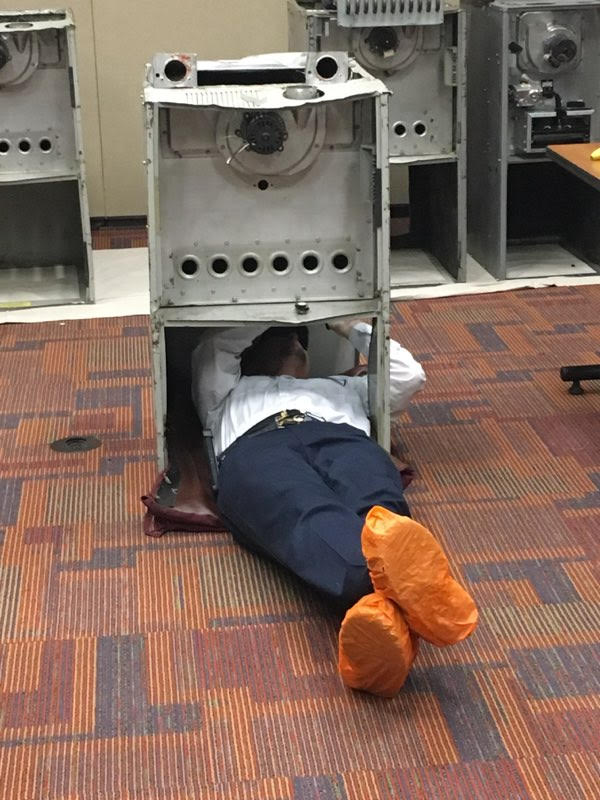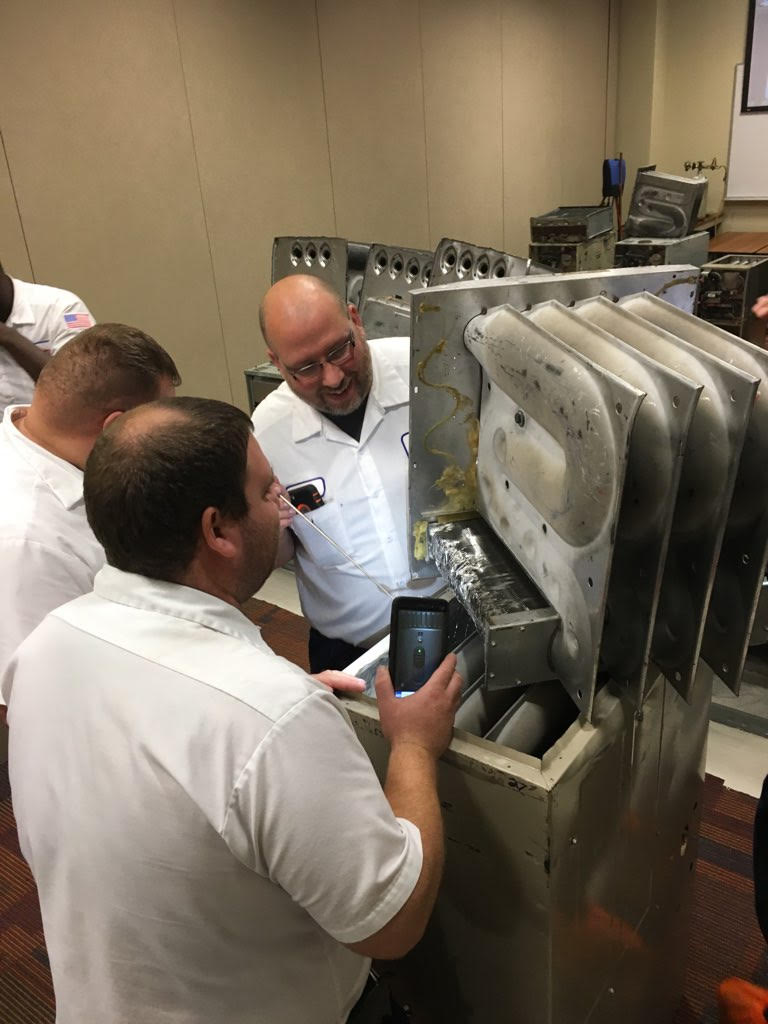Understanding Your Heat Exchanger

Train with The Heat Exchanger Experts®
Offering Seminars Nationwide
As summer turns to fall, homeowners are turning to their heaters to ward off the cool chill that comes with the changing of the seasons. A home’s HVAC system is made up of a variety of intricate components and assemblies. When they work together in harmony, a home can be heated effortlessly, but if these components fail, the home has no heat, and can even result in other, more serious problems.
Maintaining your heat exchanger is one of the most important parts of keeping a home’s HVAC system running smoothly. For decades, the Heat Exchanger Experts have been servicing and teaching about these crucial components, training other HVAC service technicians how to inspect them in their hands-on seminars.
Homeowners Simply

Types Of Heat Exchangers
Shell and Tube
This heat exchanger is made up of a number of small tubes that are packed within a cylindrical housing. The tubes within the cylinder are either fixed in place or allowed to “float.” One set of tubes is filled with fluid that is heated or cooled. Another set of tubes heats the fluid, and vents the heated air into the home. The tubes expand or contract with heat, and conduct heat through the tubes themselves.
Plates
Rather than a bundle of tubes, plate heat exchangers rely on a series of stacked plates to conduct heat. Because of their compact size, they are often found on smaller heating units. The plates have small holes to allow heated fluid to pass through them and transfer heat.
Regenerative Heat Exchanger
This systems use one fluid and moves it along both sides of the exchanger itself. The fluid rises in temperature quickly, and the fluid exiting the exchanger heats the fluid coming into the system. This system easily maintains a constant temperature and saves energy because the process is an enclosed cycle.
Adiabatic Wheel Heat Exchanger
This heat exchanger uses an intermediate fluid to store heat. This intermediate fluid transfers heat to the other side of the heat exchanger. A large, threaded wheel rotates through the fluids in the heat exchanger to produce heat.

A Cracked Heat Exchanger
- Accumulating soot within the furnace
- Flickering flames in the burner
- Water pooling at the base of the furnace
- Strong odors
A Rusted Heat Exchanger
The Dangers Of A Damaged Heat Exchanger
Maintaining Your Heat Exchanger

Work With The Experts
For more than 50 years, the Prach family has been repairing and servicing heat exchangers. After successfully operating two HVAC businesses, Ellis Prach decided to partner with his sons to share his experience and insights with other HVAC technicians. The Heat Exchanger Experts now tour the nation annually, providing HVAC technicians everywhere the opportunity to develop their skills, and offer a wider array of services to their homeowner clients.
The Prach family has earned their expert title after decades of experience, and literally writing the book on heat exchanger inspection and repair. Ellis’s book outlines the process of identifying problems and issues with a heat exchanger, as well as the complete process of repair or replacing the heat exchanger itself. The Heat Exchanger Experts Manual has proven useful to both home inspectors, HVAC apprentices and seasoned technicians alike.
In addition to their writing and seminars, the Prachs are called in to serve as expert witnesses in court cases regarding carbon monoxide poisonings and deaths in faulty heat exchanger and furnace systems.
The Need To Improve Your Skills

The Benefits Of Our Seminar
The Heat Exchanger Experts offers seminars that are based on decades of real-world experience. Our approach is straightforward and effective. Unlike our competitor’s training seminars, which require you to purchase costly equipment, cameras, and training materials, we bring everything right to you.As the Heat Exchanger Experts travel across the country, they bring 50 field-tested and damaged heat exchangers with them. These units provide the basis of our classroom instruction, allowing students to see, in-person, the stress points, cracks, fractures, and rust that can affect a heat exchanger unit. By handling these damaged units, HVAC technicians can learn how to properly install a heat exchanger and avoid these issues.
The HVAC seminars with the Heat Exchanger Experts are perhaps the most effective way to locate and identify defects in heat exchangers. You’ll learn about the behavior of the metal components that make up the exchangers, how to spot common points of failure in specific brands and models of heat exchangers, and even concerns and issues with newer, high-efficiency furnace units. Of course, you’ll also have the chance to ask questions about your work, your experience, and the lesson materials. The Heat Exchanger Experts are more than happy to provide you with in-depth and detailed answers.
Get In Touch
The Heat Exchanger Experts travel around the US every year. These one-day seminars train you to be a heat exchanger troubleshooting pro. A quick glance at our Upcoming Open Classes can tell you when the next seminar near you is happening. Of course, if there isn’t a seminar near you, you can connect with the Experts to request a seminar for your area.
Who We Are — Heat Exchanger Experts
Why Your HVAC Company Needs Heat Exchanger Training In 2020
How To Participate In A Heat Exchanger Seminar In 2020
Get In Touch With Us
We offer educational programs and resources to equip individuals with the knowledge and skills needed to operate, maintain, and troubleshoot heat exchangers effectively in various residential settings.

